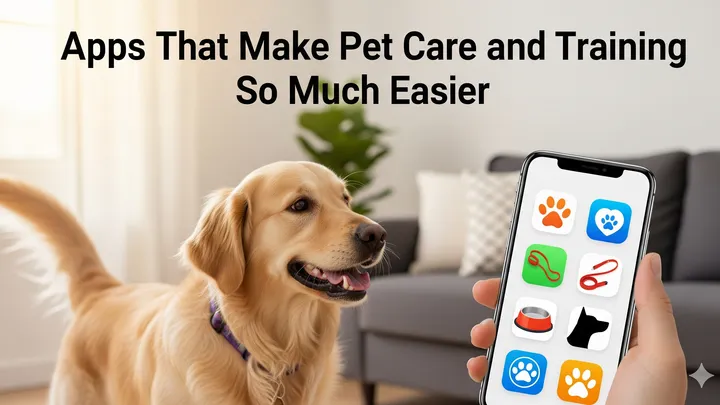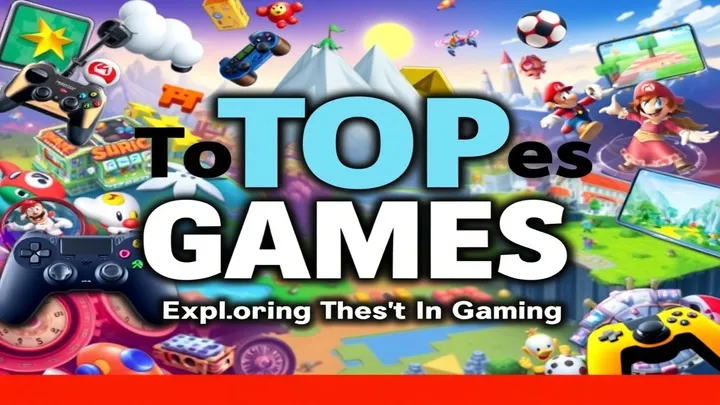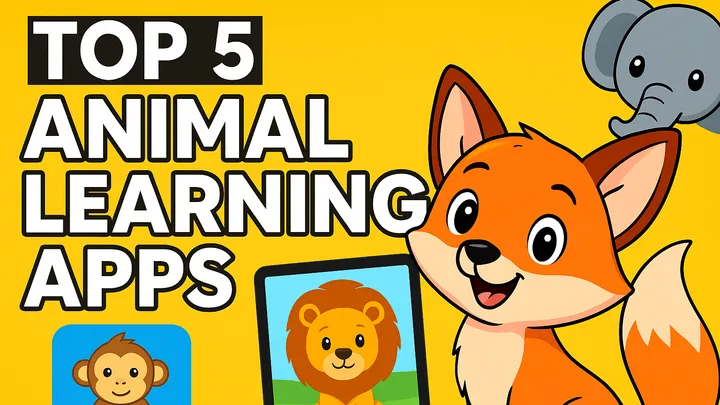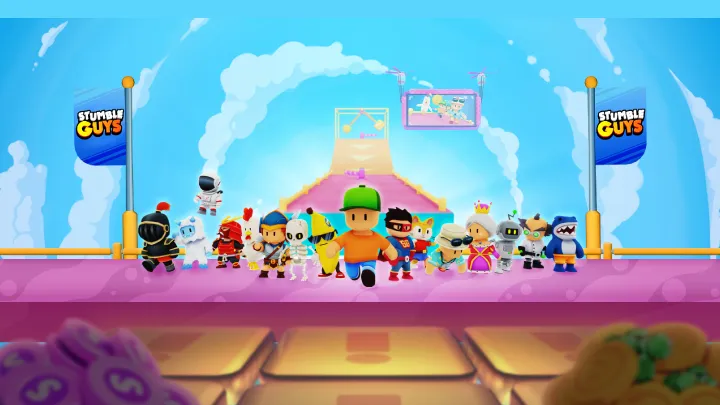The First Descendant is a looter-shooter that merges flashy visuals, fast-paced gunplay, and cooperative battles against colossal bosses. At first glance, the game feels like a polished successor to titles such as Destiny and Warframe. But beneath the spectacle lies a core issue that has polarized the player community: the grind-heavy progression system. Acquiring characters, upgrading weapons, and preparing for late-game content demands countless hours of repetitive farming. For some, this grind is the essence of mastery; for others, it is a wall of frustration. This article dissects the grind problem in The First Descendant, following its impact from the early game to the endgame loop.
Early Game Excitement Meets Reality
When players first step into The First Descendant, the thrill is immediate. Explosive abilities, powerful weapons, and cinematic encounters promise a rewarding journey. But the reality of progression surfaces quickly.
While the tutorial showers players with temporary gear and makes success feel within reach, unlocking permanent Descendants and weapons is far more demanding. The steep jump between introductory missions and sustained farming creates early dissonance, as players begin to realize how much investment the game demands.
The First Unlock Shock
Most players hit their first wall when attempting to unlock a new Descendant. The game requires not only rare materials but also multi-layered crafting recipes that demand specific mission types.
Early Grind Example
- Defeat a regional boss multiple times for blueprint fragments.
- Gather rare drops with low percentages.
- Spend hours replaying missions just for a single material.

The Blueprint Bottleneck
One of the game’s most criticized mechanics is its blueprint system. To unlock characters or weapons, players must collect multiple parts, each requiring materials tied to specific missions.
The bottleneck occurs because drop rates are notoriously inconsistent. A single blueprint piece can take hours—or even days—to acquire, leading to fatigue and resentment. Unlike traditional loot systems where variety keeps grinding fresh, The First Descendant often forces players into repeating the same boss or dungeon endlessly.
Why It Feels Punishing
- Missions are not randomized enough, so repetition feels stale.
- Rewards often do not match time investment.
- Group farming sometimes worsens frustration when others progress faster.
RNG and Player Morale
Random number generation (RNG) drives the entire loot cycle. The problem is not just that drops are rare—it’s that they are unevenly distributed. Two players can run the same mission ten times with drastically different results.
The Psychology of RNG
For some, the unpredictability fuels excitement. For most, it breeds frustration. Players often leave sessions feeling unrewarded, even if they performed well.
Impact on Player Base
- Casual players burn out quickly.
- Hardcore grinders push through but voice dissatisfaction online.
- New players feel discouraged after repeated bad luck.
The Time Investment Dilemma
The game implicitly demands long sessions to make meaningful progress. Unlocking just one new Descendant can take dozens of hours, even before upgrades are considered.
This design raises the question: who is the game for? Casual players with limited time find themselves excluded from late-game systems, while dedicated grinders question whether the payoff justifies the time spent.
Comparison to Competitors
Unlike Warframe, which offers alternative ways to acquire frames (via trading or events), The First Descendant locks nearly all progress behind farming. This narrow structure makes time investment feel mandatory, not optional.
Mid-Game Plateau and Fatigue
By the time players reach mid-game, the grind intensifies. Missions recycle objectives, bosses feel repetitive, and farming cycles extend far longer than early-game demands.
Repetition Without Innovation
Mid-game loops often involve the same bosses but with slightly higher difficulty. Without significant variety in mechanics, players feel trapped in a loop of déjà vu.
Common Signs of Fatigue
- Logging in only for daily missions, not extended play.
- Ignoring character unlocks due to farming demands.
- Resorting to online complaints rather than engagement.
The Social Factor: Group Farming Woes
The First Descendant emphasizes co-op, but grind mechanics often make group play more frustrating than rewarding.
Uneven Progression
In group runs, one player may get the needed material while others get nothing. This disparity creates tension and discourages continued cooperation.
Clan and Squad Dynamics
Clans try to mitigate frustration by organizing farming rotations, but this often feels like work instead of fun. The game unintentionally fosters a workplace-like environment where efficiency outweighs enjoyment.
Resource Scarcity and Upgrade Costs
Beyond unlocking characters, players must farm materials for weapon and ability upgrades. The resource requirements are staggering, often demanding more farming than the unlock itself.
The Upgrade Grind
Even after unlocking a weapon, improving it to competitive levels requires excessive amounts of materials. This creates a sense of never-ending obligation rather than satisfaction.
Endless Cycle
- Farm to unlock a weapon.
- Farm again to upgrade it.
- Farm further to optimize builds.

Endgame: The True Grind Arena
The endgame is where grind peaks. High-level bosses and raids require fully optimized gear, which in turn requires the heaviest farming investment.
Barriers to Entry
New players often cannot access endgame content because they lack the gear, which can only be acquired by grinding previous tiers extensively.
The Vicious Loop
- To play endgame, you must grind.
- To grind efficiently, you need endgame gear.
- Without gear, you remain excluded.
Community Backlash and Developer Response
The grind-heavy nature of The First Descendant has sparked heated debate in the community. Some players argue that grind is the essence of looter-shooters, while others insist the game crosses into exploitative design.
Feedback Trends
- Reddit and forums highlight frustration with blueprint farming.
- Streamers call out the lack of progression variety.
- Casual players demand alternative paths for progression.
Developer Adjustments
The devs have hinted at tweaking drop rates and adding variety, but changes remain slow. The grind debate continues to define the game’s reputation.
Paths Toward Balance
The issue is not grind itself—many players accept farming as part of the genre. The problem lies in balance. A healthier system would respect time investment while still rewarding dedication.
Possible Solutions
- Increase drop rates for rare blueprints.
- Add trading or alternate acquisition paths.
- Diversify mission objectives to reduce repetition.
The Bigger Picture
If addressed correctly, grind could become a source of long-term engagement instead of burnout. The key is ensuring progress feels rewarding, not punishing.
Conclusion
The First Descendant dazzles with its visuals, combat, and cooperative potential, but the grind-heavy progression system stands as both its defining feature and greatest flaw. From blueprint bottlenecks to RNG-driven frustrations, the game demands an extraordinary time investment that alienates many players. While some thrive in the endless farming loop, others burn out before reaching the endgame. The grind system is not inherently bad, but without adjustments, it risks overshadowing the strengths that make The First Descendant unique. Ultimately, the fate of the game depends on whether its developers can strike the right balance between challenge, reward, and respect for the player’s time.

















